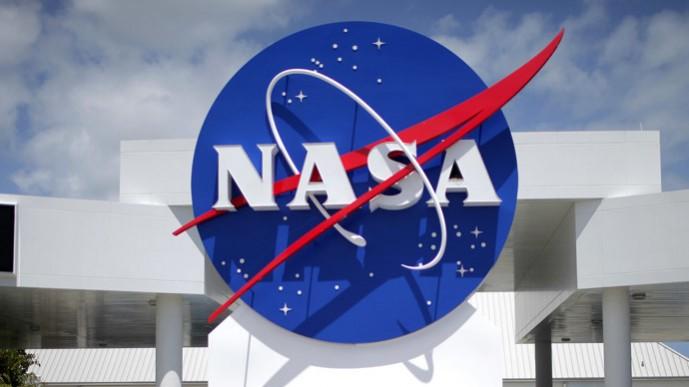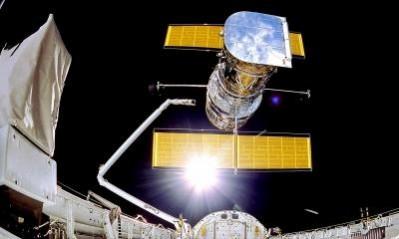After facing an issue with the engine, NASA's uncrewed Artemis 1 moon mission has been delayed to March next year, the US space agency said.
Artemis I is an uncrewed flight test of the Space Launch System (SLS) rocket and Orion spacecraft around the Moon. It was initially slated for launch in February 2022 before missions with astronauts.

NASA is now targeting a launch in March or April 2022, the space agency said in a statement.
During a recent core stage power test, engineers identified an issue with one of the RS-25 engine flight controllers.
The flight controller works as the "brain" for each RS-25 engine, communicating with the SLS rocket to provide precision control of the engine as well as internal health diagnostics. Each controller is equipped with two channels so that there is a back-up, should an issue arise with one of the channels during launch or ascent. In the recent testing, channel B of the controller on engine four failed to power up consistently.
"After performing a series of inspections and troubleshooting, engineers determined the best course of action is to replace the engine controller, returning the rocket to full functionality and redundancy while continuing to investigate and identify a root cause," NASA officials said in the statement.

"NASA is developing a plan and updated schedule to replace the engine controller while continuing integrated testing and reviewing launch opportunities in March and April."
Further, the agency said communication end-to-end testing is underway, and countdown sequence testing will begin as early as next week to demonstrate all SLS and Orion communication systems with the ground infrastructure and launch control centre.
SLS will be the most powerful rocket in the world and is the only rocket that can send Orion, astronauts, and supplies to the Moon in a single mission.
With the Artemis missions, NASA will land the first woman and the first person of color on the Moon and establish long-term exploration in preparation for missions to Mars. SLS and Orion, along with the commercial human landing system and the Gateway that will orbit the Moon, are NASA's backbone for deep space exploration.
















